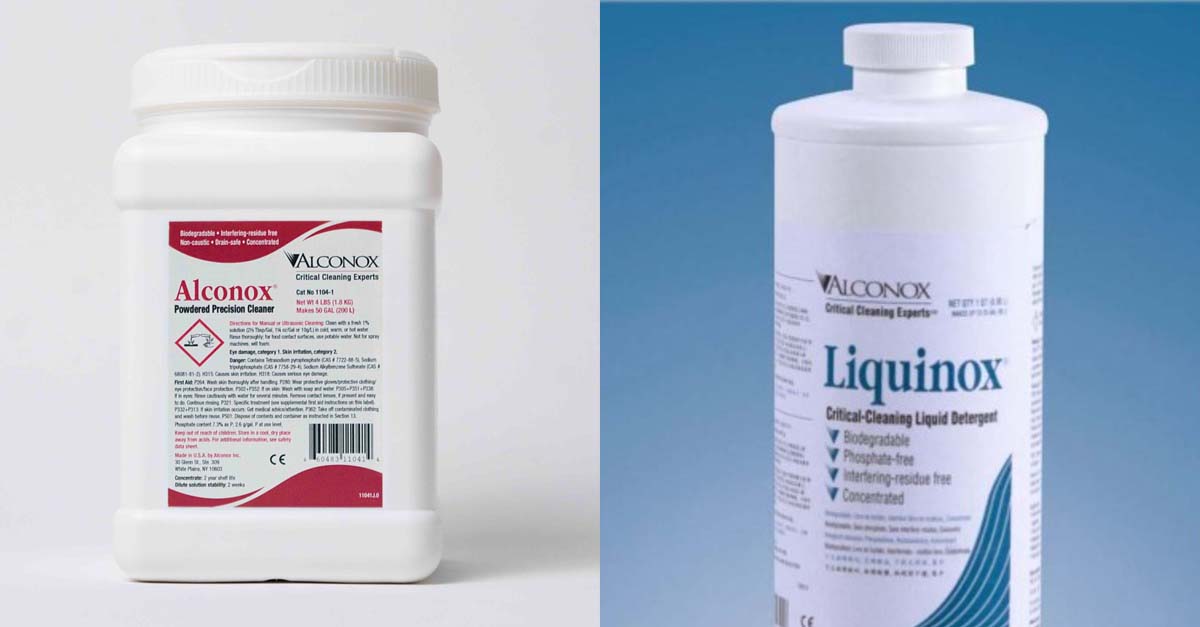Q. We are currently using Alcojet for routine labware cleaning. Since we work on DNA plasmid isolation, I wonder if using Alcojet was good for removing residual DNA. If not, how much residue could be left? I would really appreciate your answer as unfortunately we have continued using the labwares for a year already.
A. Thank you for your question about DNA plasmid cleaning. Alcojet is capable of removing residual DNA plasmids as whole strands. However, Alcojet is not the best product to use for cleaning DNA Plasmids. Alcojet is a high pH alkaline cleaner. DNA is not labile to alkaline hydrolysis.
It is more effective to clean with an acid detergent rather than an alkaline detergent for removing residual DNA. For manual and soak cleaning I would recommend using a warm 2% Citranox solution (20 mL/L). For machine cleaning I would recommend using a 1% Citrajet (10 mL/L) solution See Removing DNA for more details).
Note that your washer may not be set up to dose liquid detergents. If your washer does not have liquid dosing pumps and hoses, then I would recommend choosing a washing cycle that does not have a presoak cycle in it and doseing the correct amount of liquid detergent in to the bottom of the washer and then turning on the machine so that it goes directly to a hot, long, wash cycle. Do not use a pre-wash cycle which will be short and with ambient temperature water that will use up all the detergent innefectively and there will be no detergent present when the machine goes to the long, hot wash cycle.
Consult the owners manual of the washer to see how much water is used in the wash cycle. A typical under counter washer will use 8 L of water in a wash cycle, so you need to dose 80 mL of Citrajet in to the bottom of your washer at the beginning of the hot wash cycle. If your washer has liquid dosing capability, then simply hook up the Citrajet bottle to the washer by the tubes that are in the washer. If you have been using Alcojet for a year, this does not mean you definitely have had cleaning failures, but it does mean that you are not cleaning the best way and you do have some risk of cleaning failures.



